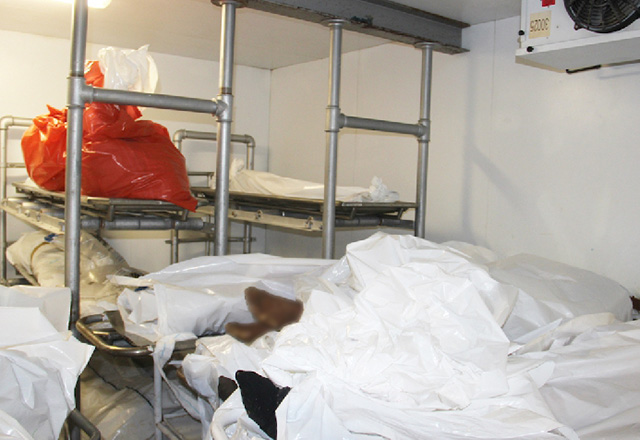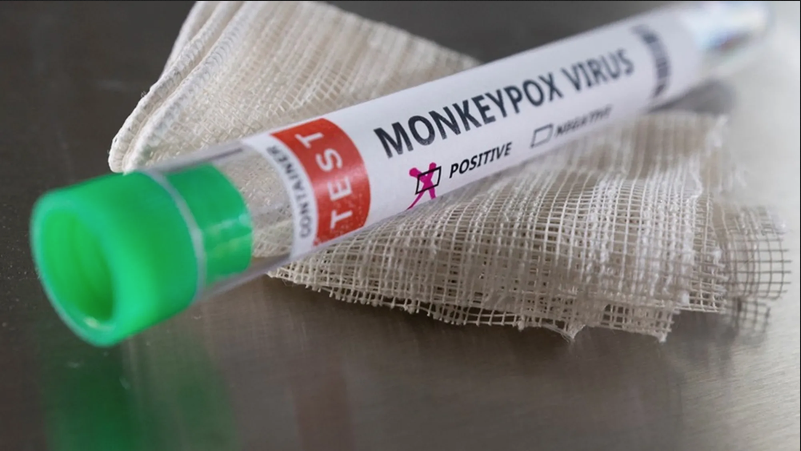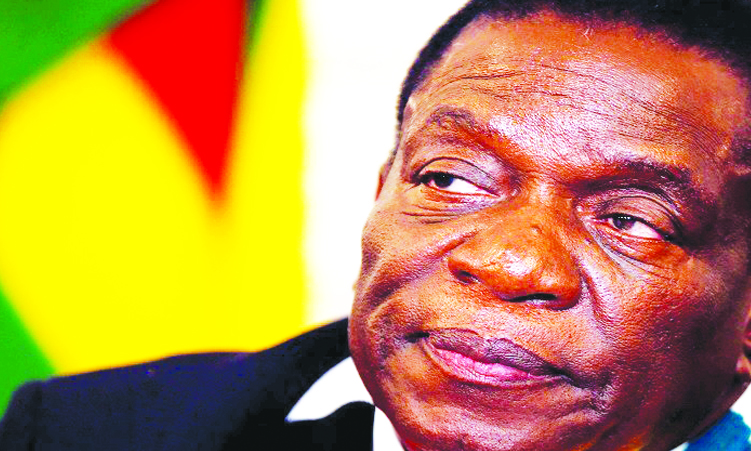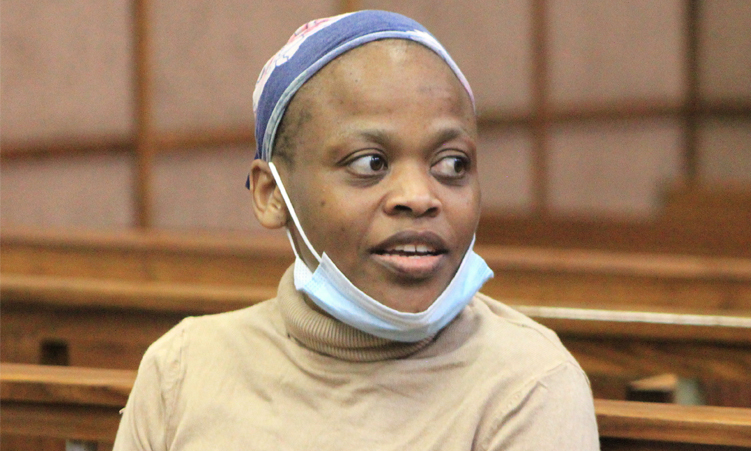FAMILIES of those who succumbed to the novel coronavirus may transport their loved ones’ remains only if the deceased was cremated at their cost.
In addition, the families would have to provide two caskets for cremation and burial purposes.
The Ministry of Health and Social Services has compiled a document setting out procedures and legal requirements related to the burial of those who succumbed to Covid-19, minister of health and social services Kalumbi Shangula announced on Friday at State House.
“The Covid-19 pandemic has affected and changed all aspects of life. This includes the way we grieve the loss and burial of loved ones – especially those who die as a result of Covid-19. There is now increased fear and anxiety in communities regarding this matter,” he said.
Shangula said the burial of Covid-19-related deaths must be seen in the same context as deaths relating to other notifiable infectious diseases.
Requirements relate to the various stages of the process, all during which the relevant infection prevention and control measures must be adhered to.
The relevant legal frameworks in this regard are the provisions of the Public and Environmental Health Act of 2015, state of emergency regulations and applicable standard operating procedures.
Shangula said all Covid-19 burials are handled by the state and that the cultural and religious norms of families would be considered.
“The covering of graves with mechanical ploughs must be discontinued to ensure dignified burials for the deceased, and safe burials must not be conducted in haste, but within the time as would be agreed with the families,” he said.
The minister said it is vital to be certain whether or not a deceased person was infected with Covid-19, therefore the ministry will conduct posthumous testing.
“This is necessary because the infection status will determine how the body of the deceased will be handled . . .” he said.
Shangula said bodies of those who succumbed to Covid-19 may be cremated, although this service is currently only available in Windhoek.
“Cremation is the choice and the responsibility of the family and not the state. The cremated body can be buried in the usual manner,” he said.
Wacca Kazombiaze, manager of parks, cemeteries, sports and recreation at the Windhoek municipality, yesterday at the Covid-19 comunication centre in the capital said families need to register cremations so that the municipality can provide a grave where the deceased’s remains can be buried.
“Before you transport the body outside the parameters of the regions, which is Khomas or the City of Windhoek, the body must be cremated, and then the ash is placed in a zip bag and the family is notified through social workers to collect the ash. They can place it in a casket to transport it to its final destination,” he said.
Kazombiaze said the ashes are buried in a casket at an area the deceased’s family may choose.
He said families should provide a casket for cremation purposes, and another one to transport the ashes to the burial site.
“The City of Windhoek discourages a decorated casket because they leave metal plates within the furnace, which can complicate the cremation process,” he said.
Manny Kandjii, social worker at the health ministry, said family members of the deceased and healthcare workers are provided psychological support.
Stay informed with The Namibian – your source for credible journalism. Get in-depth reporting and opinions for
only N$85 a month. Invest in journalism, invest in democracy –
Subscribe Now!






